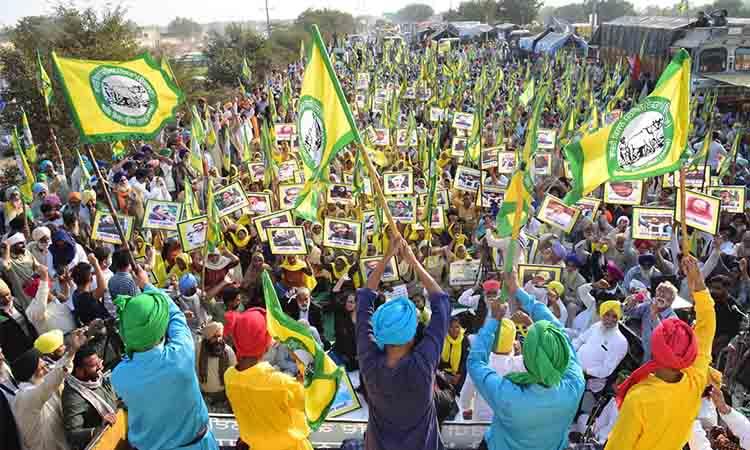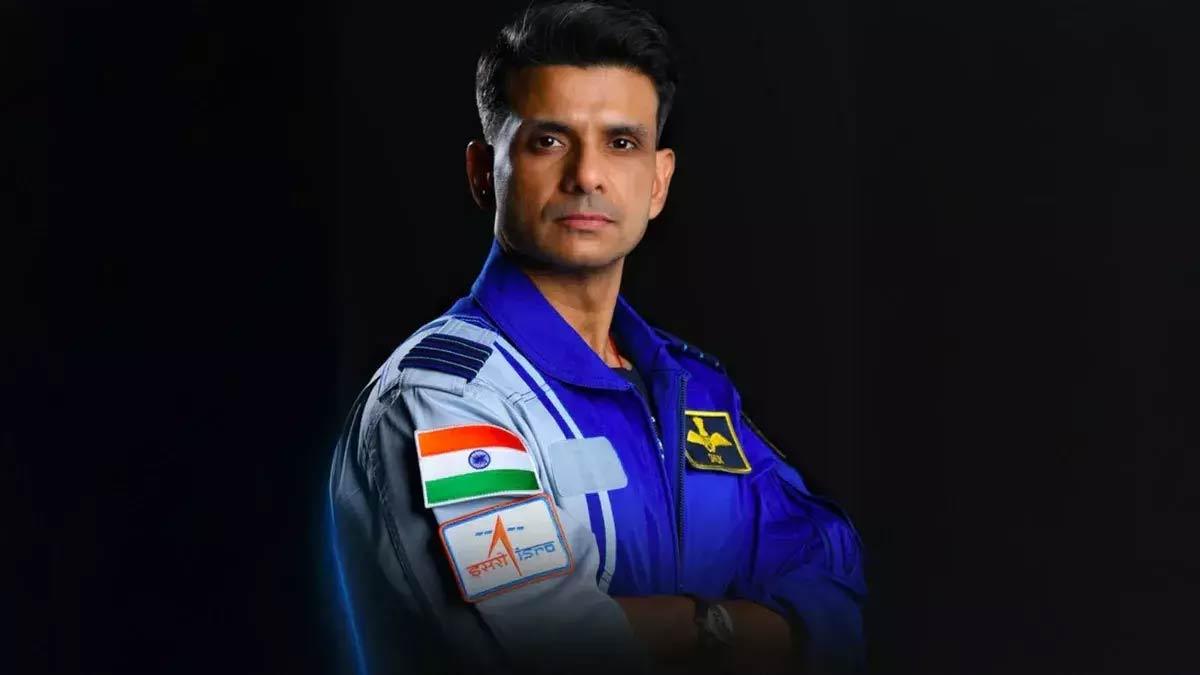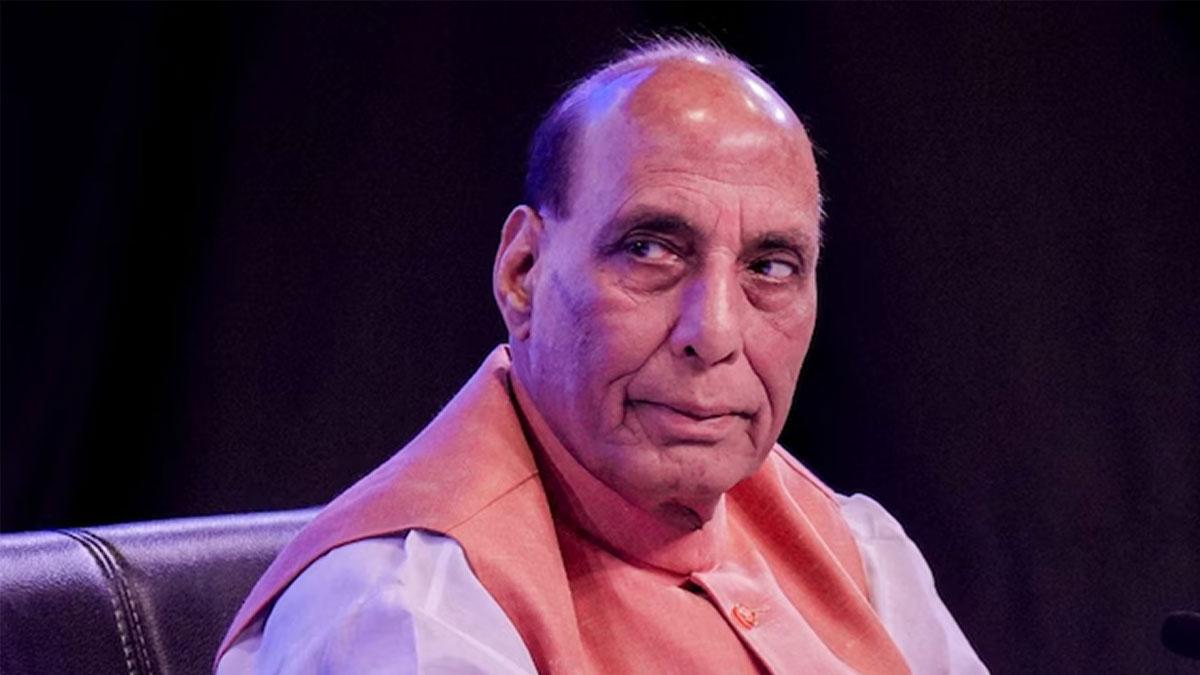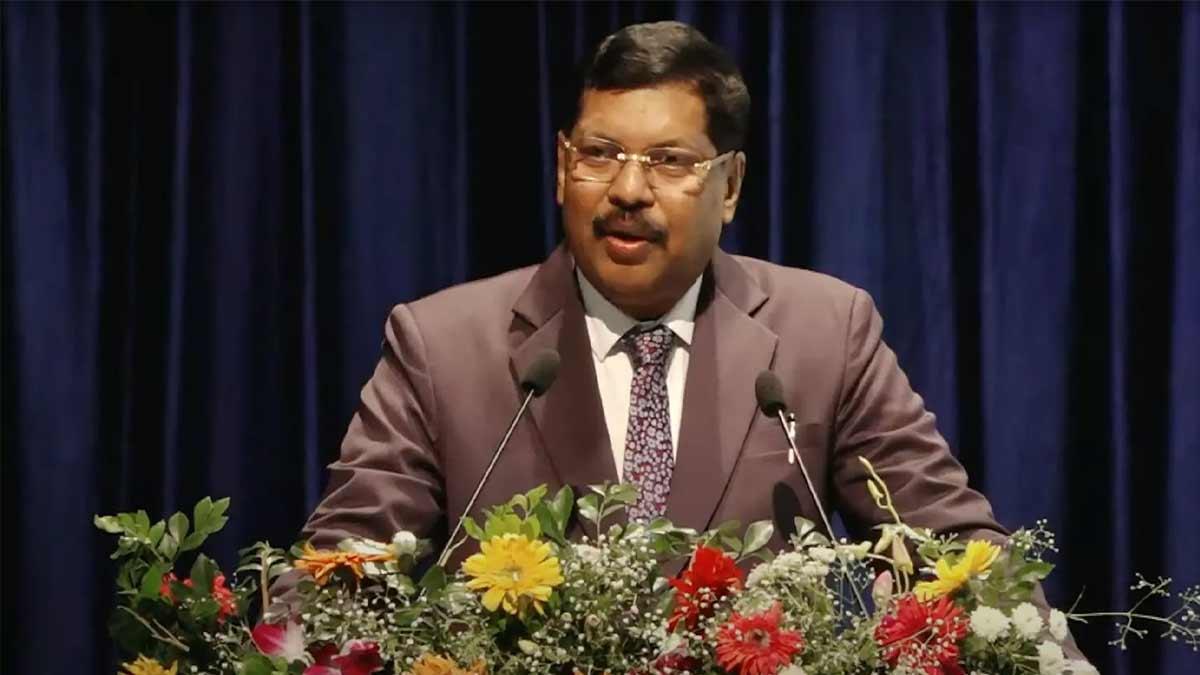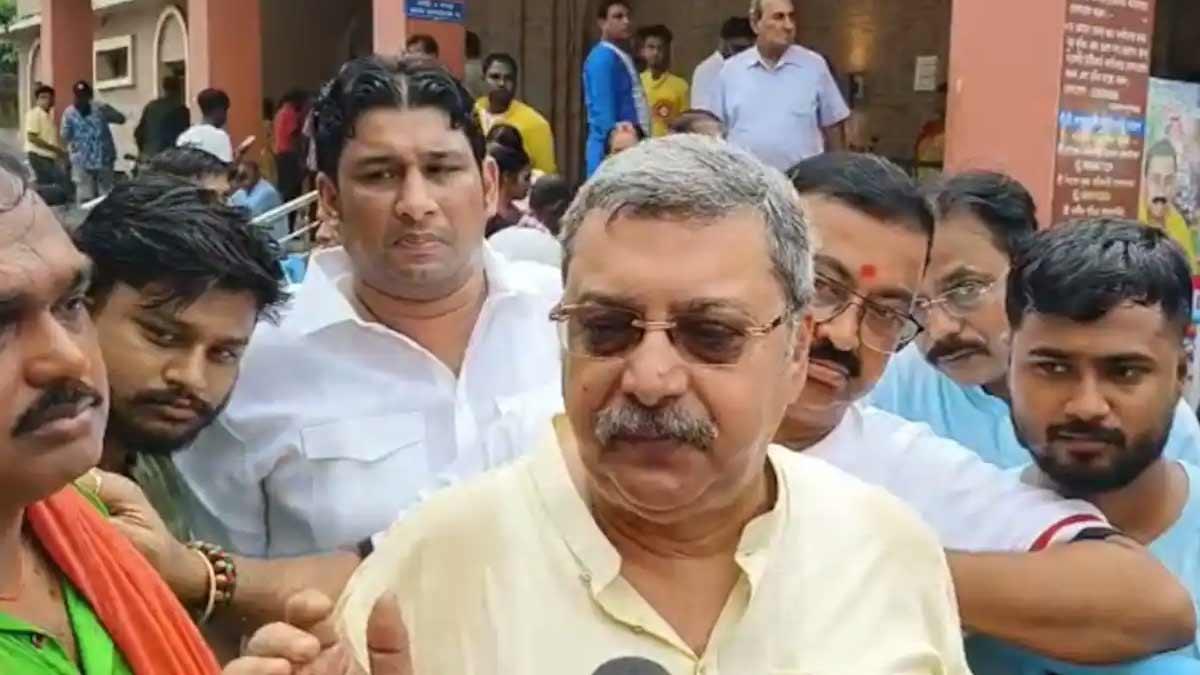A year-long farmer's protest finally came to an end today, when the Central Government sent a written proposal to farmers agreeing to their demands. After 378 days, farm unions called off their protest with farmer leader Balbir Singh Rajewal, informing that Samyukta Kisan Morcha will hold a review meeting on January 15 to decide their further acctions. While calling off the protest he also said that farmers will take out victory marches on December11, the day when all farmers will be returning to their homes. Another farmer leader Gurnam Singh Chaduni said that if their demands are not met till January 15, then they may take a call on resuming the protest. Along with Rajewal and Chaduni, Farmer leader Shiv Kumar Kakka said that Farmer's protest is a histroic win for farmers, also he apologised to people who faced problems due the protest. On December 13, a special prayer will be offered at Golden Temple, said the Samyukt Kisan Morcha. There are Series of events that led to the farmers' protest.
Timeline of Farmers Protest | Key points
1. The Central government on June 5, 2020 promulgated three farm bills. And on September 14 ordinance was brought in the Parliament, and eventually got passed in Lok Sabha and Rajya Sabha through voice vote amid protest by opposition
2. On September 24, 2020, Farmers in Punjab announced a three-day rail roko abhiyan, while on September 25, 2020 farmers across India came out to protest in response to a call by the All India Kisan Sangharsh Coordination Committee (AIKSCC).
Also Read | Farmers to vacate Delhi borders on Dec 11 after year-long protest ends
3. On September 26, 2020, the long term allied partner of the National Democratic Alliance (NDA), The Shiromani Akali Dal (SAD) quit the alliance over the disagreement pertaining to three farm bills.
4. Amid all the opposition on September 27, 2020 the three farm bills received presidential assent and became farm laws.
5. On November 25, 2020 Farmers’ unions in Punjab and Haryana called for a ‘Delhi Chalo’ movement but were denied permission by Delhi Police due to Covid protocols, following which on November 26, 2020: Farmers marched towards Delhi faced water cannons, tear gas as police tried to disperse them at Haryana’s Ambala district.
Also Read | General Bipin Rawat: Life and military journey of India's first Chief of Defence Staff
6. In view of all this on November 28, 2020, Union Home Minister Amit Shah offered to solve the dispute through dialogues with farmers as soon as they vacate Delhi’s borders and move to the designated protest site in Burari. But Farmers rejected HM's proposal.
7. However, on December 3, 2020, the government held the first round of talks with representatives of farmers but the meeting remained inconclusive, and similarly many rounds of talks took place between the government and the farmers, and they remained inconclusive.
8. On December 8 2020 Farmers announced a Bharat Bandh, which was supported by many farmers throughout the country. On December 9, Farmer leaders rejected the Central government’s proposal to amend the three contentious laws. And on December 11, Bharatiya Kisan Union (BKU) moved to the Supreme Court against the three farm laws.
9. In the meantime 6th and 7th round of talks occured between farmers and the Union government, which remained inconclusive. And on January 7, 2021 The supreme court agreed to hear petitions filed to challenge the three laws.
10. On January 12, 2021, The Supreme Court came to a decision to set up a four-member committee to make recommendations on the legislation.
11. In the midst of all this On Republic Day, thousands of protestors clash with police during the tractor parade called by farmer unions. At Red Fort, property is damaged. A protester dies in the chaos. This was the time when even farmers groups received criticism for creating chaos in the country.
12. On January 29, 2021, the government proposed to suspend the farm laws for one-and-half years and set up a joint committee to discuss the legislation, but the farmers rejected the government's proposal.
13. On March 6, 2021, Farmers completed their 100 days at Delhi’s borders.
14. On June 5, 2021, Protesting farmers observed Sampoorn Krantikari Diwas (total revolution day) to mark the first year of the promulgation of the farm laws.
15. On October 22, 2022, The Supreme Court said that it was not against people’s right to protest, but made it clear that such protesters cannot block public roads indefinitely.
16. On October 29, 2021, the Delhi Police removed barricades from the Ghazipur border where farmers have been protesting against the Centre’s agriculture laws.
17. In order to end the dispute on November 19 this year, Prime Minister Narendra Modi announced the repeal of the three contentious farm laws, but still farmers remained firm on continuing agitation, and laid stress on their other demands, which were yet to be fulfilled, including a law on MSP.
18. On tuesday, December 7 2021, the Centre sent a draft proposal to farmers agreeing to some of their demands. and in response to the government's proposal, the next day farmers sent back proposal citing flaws, with a demand that a formal communication of government letterhead be sent to them.
19. And finally the year long protest ended on December 9, when Centre sent a fresh proposal to farmers and thereafter, farmer leaders met and decided to call off the protest.

